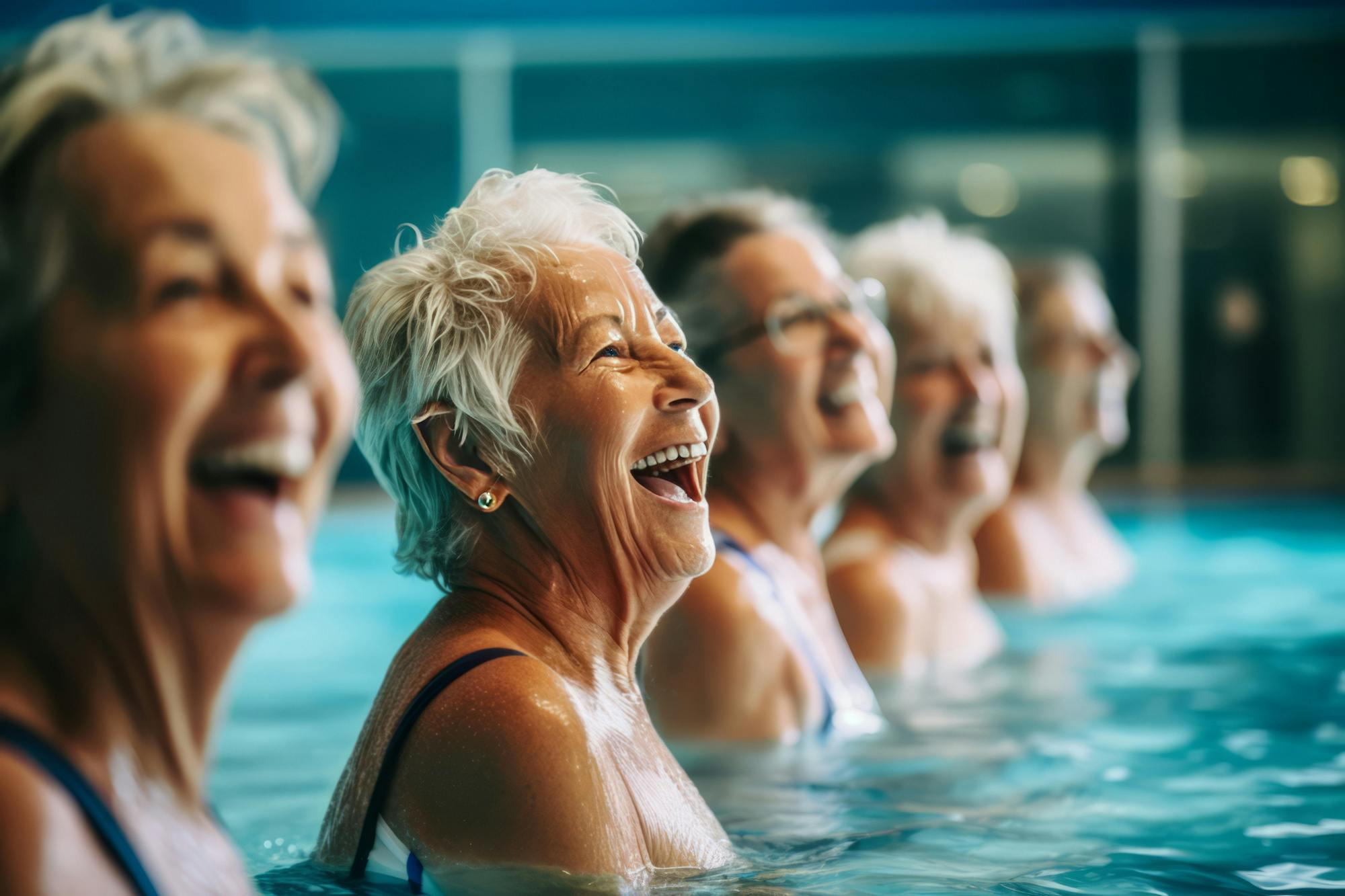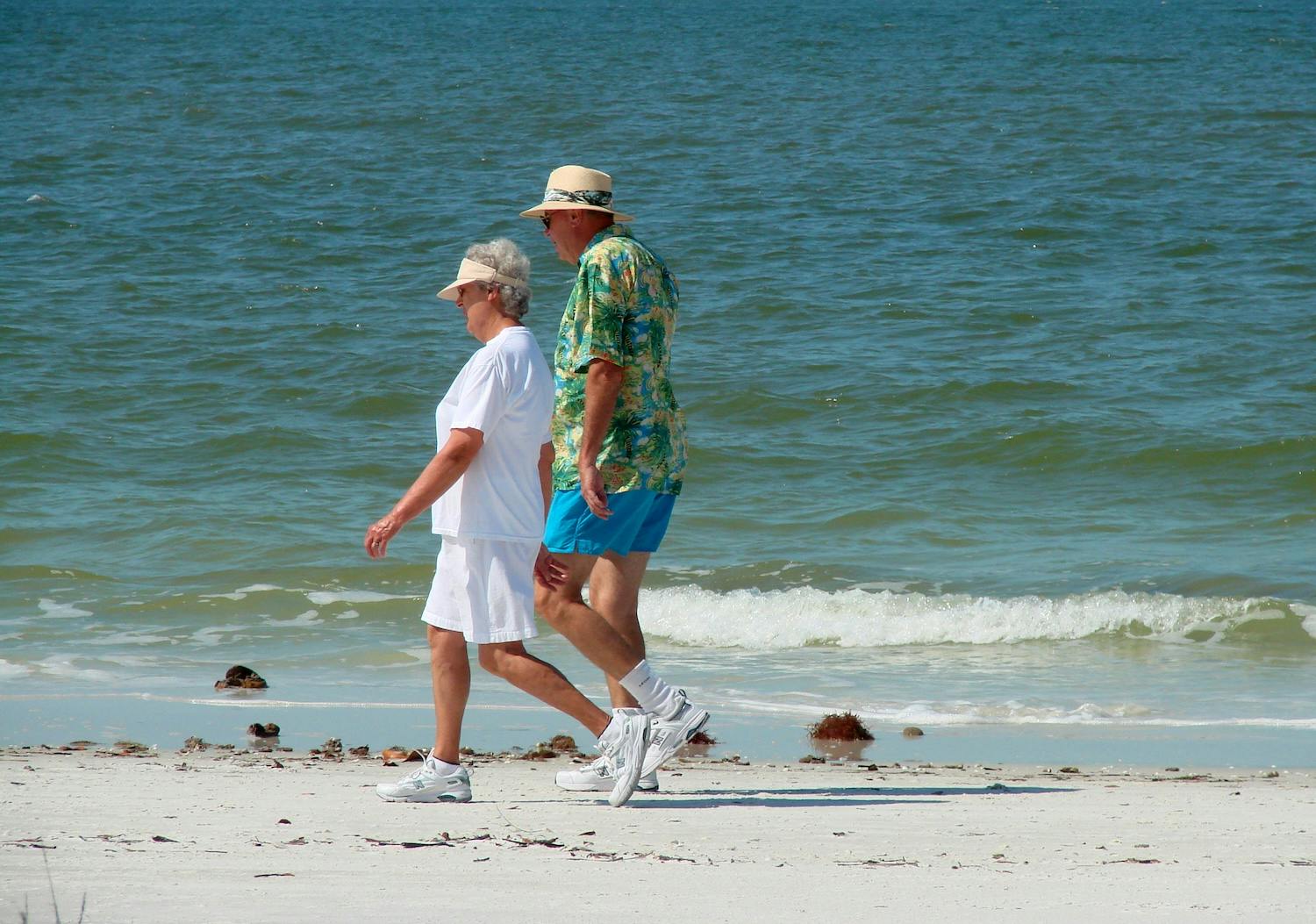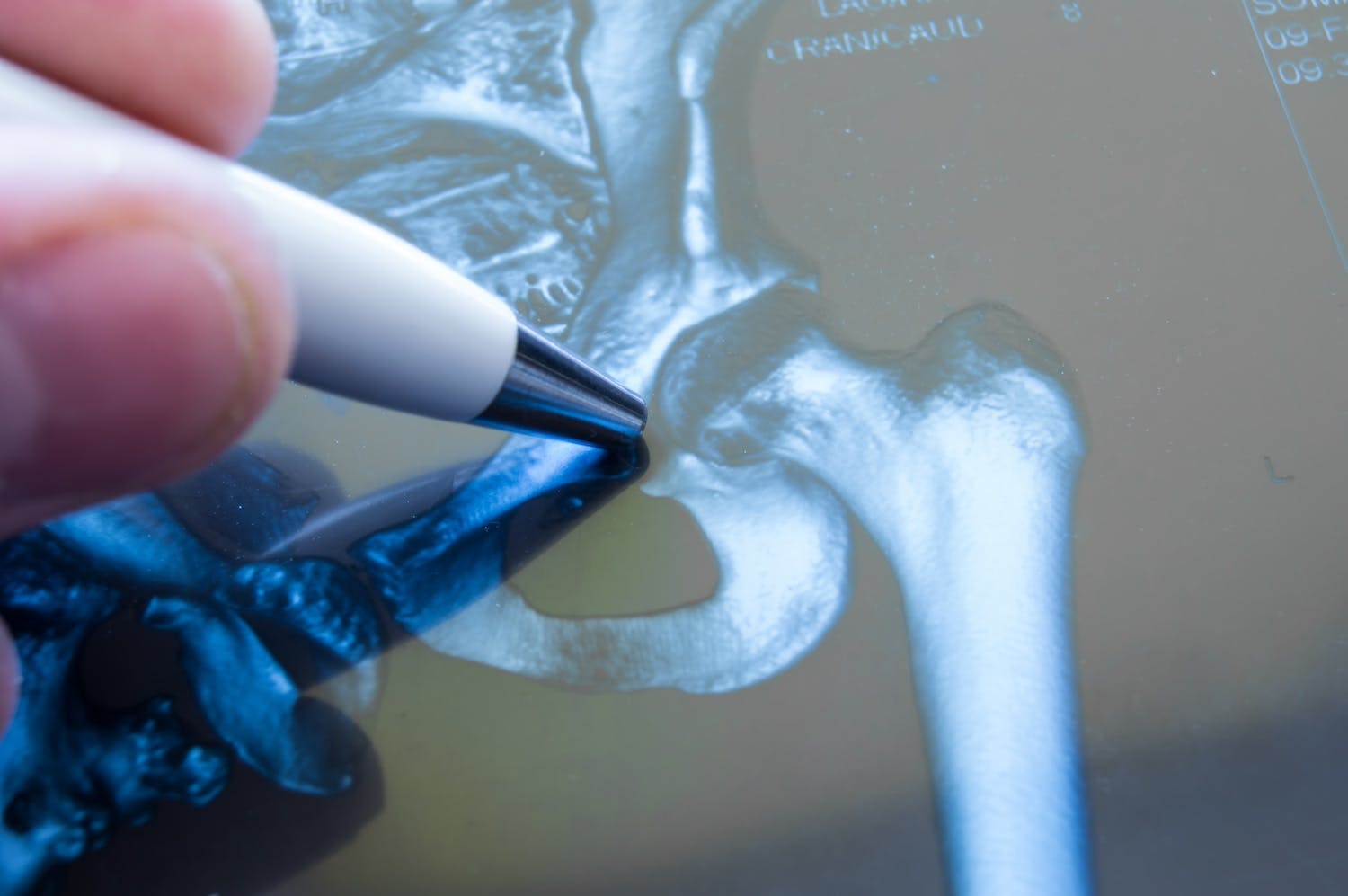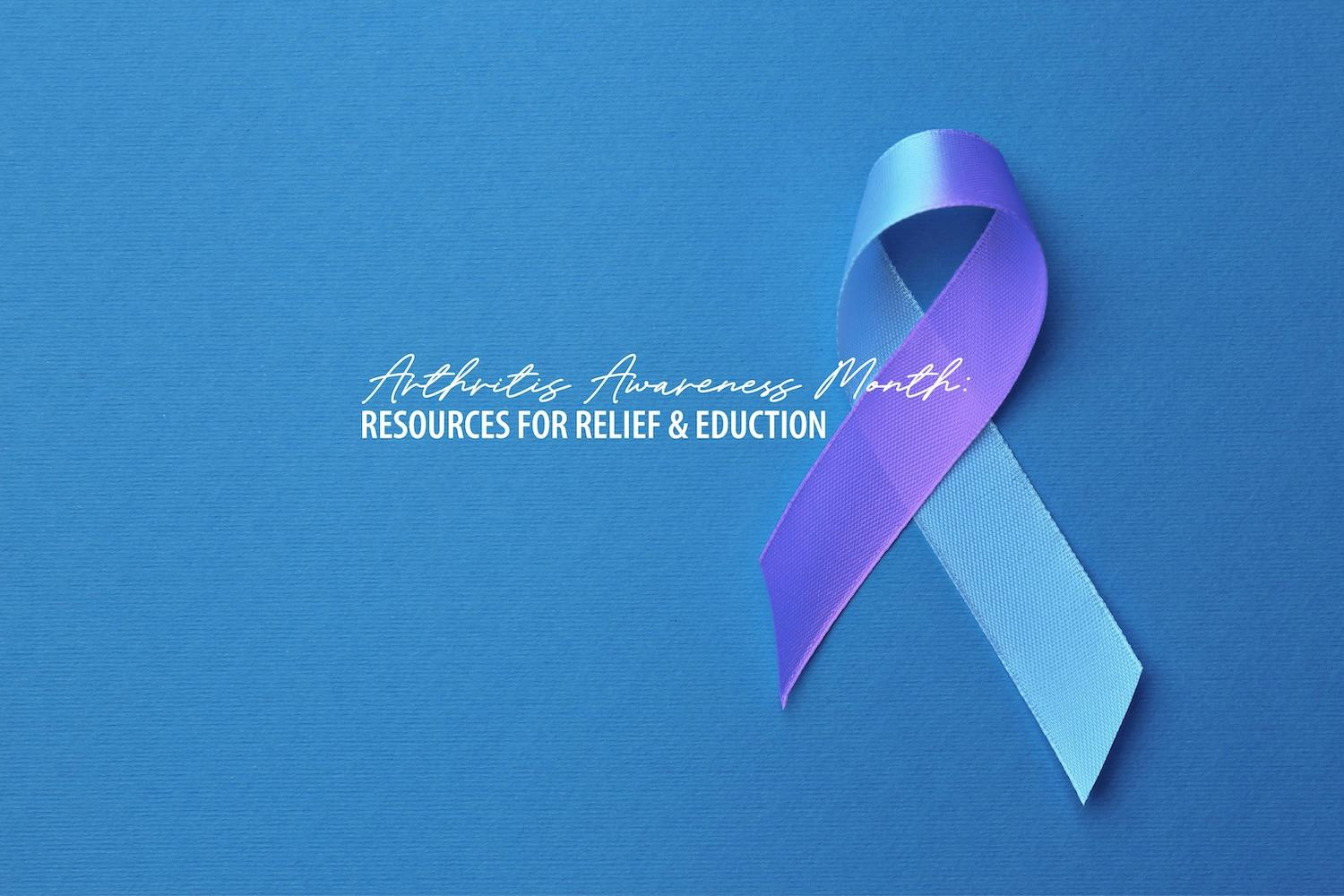- Blog
Strong Bones & Aging
Posted on 01-28-2026 in Primary Care Sports Medicine, Bone Health & Healthy Aging by Dr. Ryan Riggs

Posted on 01-28-2026 in Primary Care Sports Medicine, Bone Health & Healthy Aging by Dr. Ryan Riggs
According to the American Academy of Orthopaedic Surgeons, approximately 2 million older Americans sustain fractures yearly due to weak bones. By 2025, that number is predicted to rise to 3 million fractures annually. At North Florida Bone & Joint Specialists, we recognize the importance of maintaining strong bones, particularly as you age. In honor of Healthy Aging Month, the following tips can help you maintain, and even improve, your bone strength:
If you are experiencing issues with or concerned about your bone health, contact our newest addition to the NFBJS team, Dr. Ryan Riggs. As a Sports Medicine Physician, Dr. Riggs is available for consultation on various related injuries and conditions. Complete our online appointment request or call 850-916-3700 to schedule a visit today.
For additional information on how you can improve your bone health, read our collection of related blog posts:

September is Healthy Aging Month, an observance dedicated to promoting the positive aspects of growing older and encouraging proactive steps toward maintaining long-term health. In its 33rd year, Healthy Aging Month inspires adults of all ages to focus on lifestyle habits that support vitality, independence and overall well-being.

Ischiofemoral Impingement (IFI) is a lesser-known but often painful condition affecting the hip joint. This condition arises when the ischium (a bone in the pelvis) and the femur (the thigh bone) come into abnormal contact, which compresses soft tissues surrounding the hip. While the discomfort typically manifests in the buttocks or groin, particularly when moving the hip or walking, it can also present as low back pain, making it challenging to diagnose early. Additional symptoms and causes include discomfort during prolonged sitting, reduced range of motion, stiffness and/or tightness in the hip area.

May is Arthritis Awareness Month, an opportunity to increase public understanding of arthritis and its impact on millions of lives. Established by the Arthritis Foundation, this national observance highlights the importance of early diagnosis, effective treatment, and ongoing research to improve the quality of life for those with arthritis.